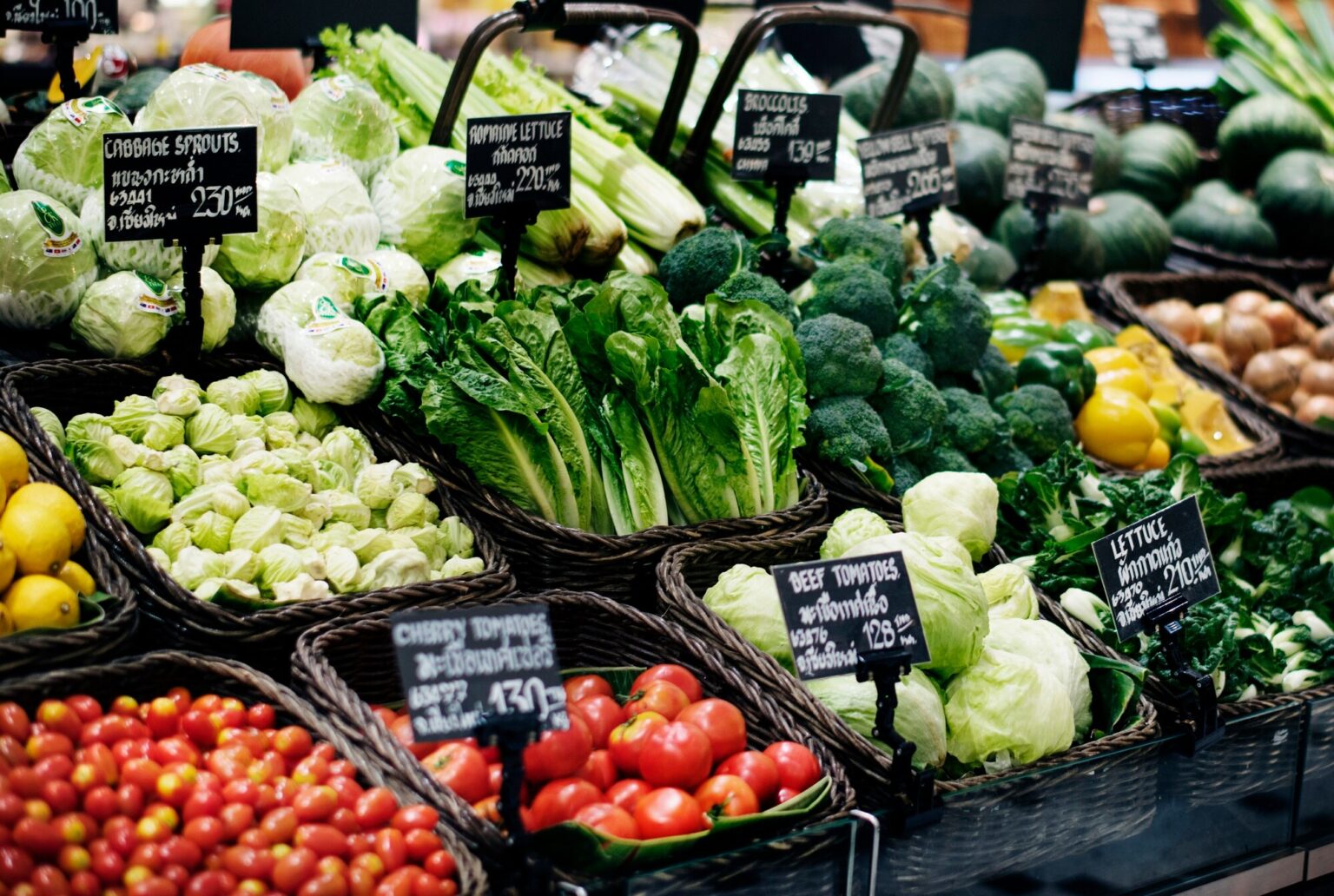The Government of Botswana has announced a phased approach to lifting the country’s contentious vegetable import restrictions, aiming to balance local agricultural development with broader economic needs. This decision comes amid an intense national debate over the impact of the import ban, which has been both lauded for supporting local farmers and criticized for escalating food prices and economic hardships for low-income households.
The Phased Plan
The Ministry of Agriculture revealed a two-phase strategy to ease the restrictions, with Phase 1 immediately allowing imports of select vegetables like turmeric, sweet potatoes, broccoli, and mushrooms. Phase 2, set to commence by April 1, 2025, will lift restrictions on staple vegetables like potatoes, onions, tomatoes, and carrots, contingent on ongoing assessments of local production capacity and regional considerations within the Southern African Customs Union (SACU).
Import restrictions on other horticultural products will be applied dynamically, depending on the availability of local produce, ensuring a balanced approach to meeting national demand while protecting local farmers.
Economic Tensions and the Debate
Vice President and Finance Minister Ndaba Gaolathe recently delivered a pointed critique of the vegetable import ban during a parliamentary session. He described the policy as “very bad economics,” arguing that it has disproportionately harmed low-income households by driving up food prices.
Gaolathe highlighted that while the ban has benefitted local farmers in the short term, it is an unsustainable solution to boosting agriculture. Instead, he called for targeted investments in subsidies, mentorship programs, and research to enhance farmers’ capacity and competitiveness.
“Low-income groups are the most affected by rising food costs, spending a greater share of their income on sustenance,” Gaolathe emphasized. “The way to grow agriculture is not necessarily through bans but through direct support and capacity building.”
Balancing Local and Regional Interests
The phased approach reflects an effort to balance these competing interests. While supporting local agriculture remains a priority, the government recognizes the need for affordable food and regional cooperation. Stakeholders, including the Southern African Customs Union (SACU), will play a pivotal role in determining the pace and scope of these changes.
The Vice President further advocated for a shift toward export-oriented industries to expand job opportunities and economic growth, emphasizing Botswana’s limited domestic market. “To create jobs for its people, Botswana must foster industries that can export to the rest of Africa and the world,” Gaolathe stated.
What Lies Ahead
The Ministry of Agriculture has invited stakeholders to remain engaged in shaping the policy. Public relations offices have been made available to address inquiries and provide updates on the implementation phases.
As Botswana navigates this transition, the debate over the vegetable import ban has underscored the need for a more nuanced and forward-looking agricultural policy. Striking a balance between supporting local farmers and ensuring food affordability for all citizens remains at the heart of this complex issue.
By phasing out the import restrictions and aligning with broader economic strategies, Botswana seeks to build a resilient agricultural sector that benefits both farmers and consumers while positioning itself as a competitive player in regional and global markets.












